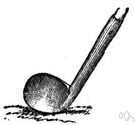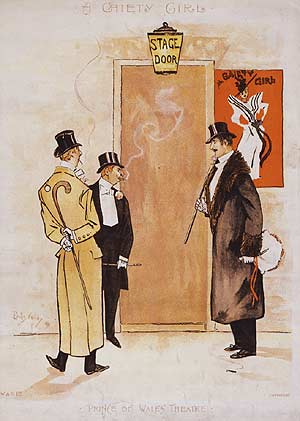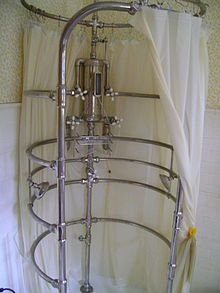
(Photo of a Green and Black Poison Frog by Keven Law)
This year, being longer than last, is obviously going to require a bit of extra effort: but take heart, this Spot The Frippet requires no effort at all.
A leap? Today is a leap day, and we're living in a leap year.
Hurray!
If this seems a bit of a cheat, then here's another kind of a leap:
It comes right at the beginning of the song - a whole octave leap from some to where.
Or, of course, if you want to see a moving-from-place-to-place leap then you can always look out for a hare, a flea, or a cat.
Now, I don't recommend this at all (the idea, I mean: I'm sure the place is charming) but here's Lover's Leap Point in Jamaica:

Or how about, rather less riskily, a game of leapfrog down the middle of the office?
Put it down as team-building.
Spot the Frippet: leap. This word comes from the Old English hlēapan.
































